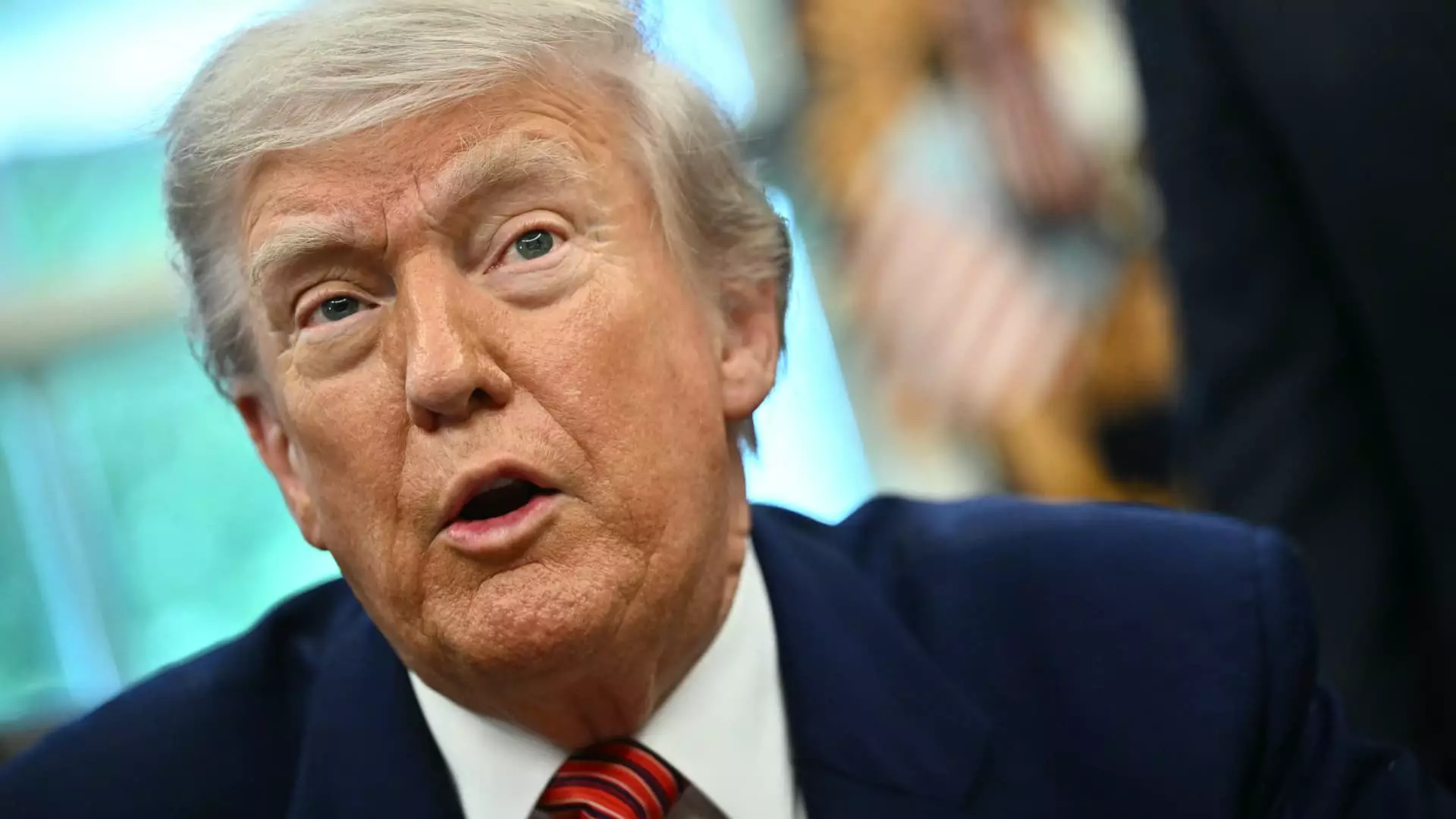In a striking display of blending duty and politics, President Donald Trump’s commencement address at West Point epitomized the troubling trend of using military platforms for political gain. Dressed in his signature red hat and exuding an air of bravado, Trump proclaimed the moment as heralding the “golden age of America.” However, this characterization raises serious questions. Is it truly a golden age that our graduating officers are stepping into, or merely an illusion cast by a president desperate to maintain his grip on power? The slippery slope of intertwining a military graduation with campaign rhetoric is a sobering reminder of how low political discourse has fallen.
A Distorted Vision of Military Strength
Trump’s depiction of the U.S. military as the “greatest and most powerful army the world has ever known” may resonate with some, but it overlooks the complexities of modern warfare and the global geopolitical landscape. While he asserts credit for “rebuilding” the military, it is imperative to scrutinize what that really means. Increasing military budgets and flaunting military hardware without a nuanced strategy to address contemporary threats only serves to glorify militarism rather than ensure genuine security. Furthermore, his claims of respect from other nations ring hollow when examined through the lens of international diplomacy and cooperation, pillars of true military strength that he seemingly dismisses in favor of a more unilateral approach.
The Dangers of Political Cleansing
Perhaps more alarming than his military proclamations were Trump’s references to diversity, equity, and inclusion (DEI) initiatives within the armed forces. By equating cultural understanding with “divisive political training,” he fosters a dangerous narrative that undermines the very fabric of an inclusive military. A strong military thrives on diversity, drawing from various backgrounds to create a cohesive unit capable of responding to an array of global challenges. Trump’s visible disdain for DEI programs is indicative of a broader agenda—one that seeks to strip the military of its ability to adapt and grow in an increasingly diverse world.
A Nostalgic Retreat from Reality
The former president’s dismissal of past administrations for “nation building” reflects a dangerous nostalgia that obscures the lessons of recent history. The complexities of global conflicts cannot be reduced to simple binaries of intervention versus isolation. Effective military strategy involves more than just asserting dominance; it requires nuanced understanding and collaboration, concepts that Trump’s “America First” ideology often flouts. By framing his narrative as a crusade to remove political correctness from the armed forces, he not only misguides public perception but also risks alienating young officers who are more attuned to the intricacies of international relations.
Trump’s approach at West Point—half graduation, half campaign rally—reveals a troubling disregard for the honor and responsibility that military service entails. It stands as a call to action for all who value a thoughtful, inclusive, and effective defense strategy. The legacy he seeks to craft is one fraught with division and militarism, raising concerns about the direction in which America is headed. There’s an urgent need for dialogue that respects the nuances of military engagement, rather than simply glorifying strength in a manner that disregards the complexities of our times.

Leave a Reply